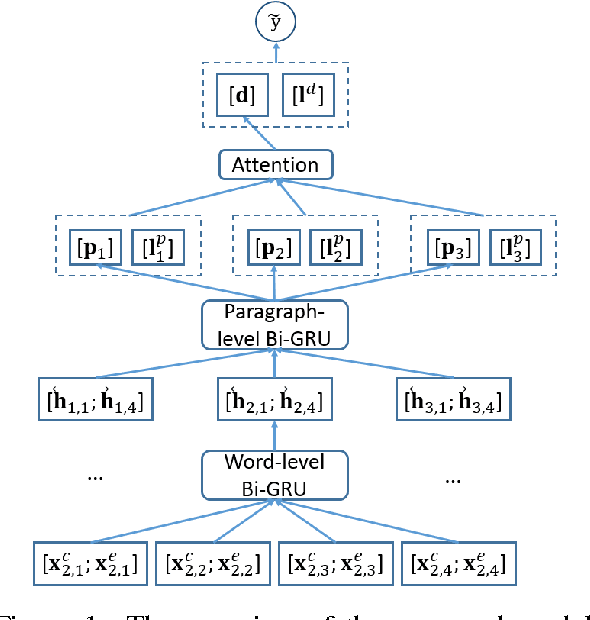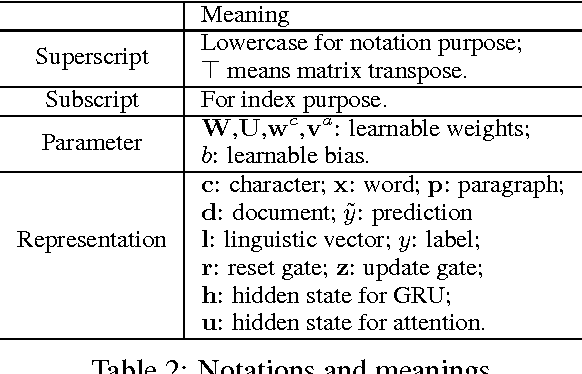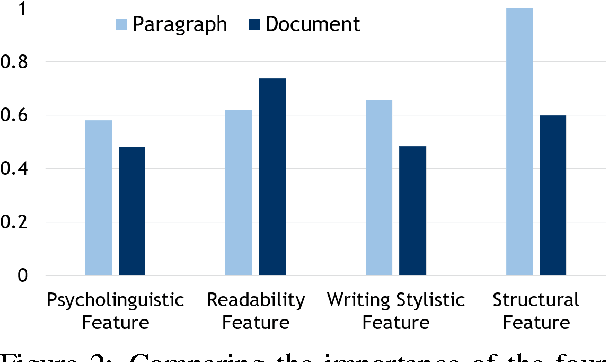Satirical News Detection and Analysis using Attention Mechanism and Linguistic Features
Paper and Code
Sep 04, 2017



Satirical news is considered to be entertainment, but it is potentially deceptive and harmful. Despite the embedded genre in the article, not everyone can recognize the satirical cues and therefore believe the news as true news. We observe that satirical cues are often reflected in certain paragraphs rather than the whole document. Existing works only consider document-level features to detect the satire, which could be limited. We consider paragraph-level linguistic features to unveil the satire by incorporating neural network and attention mechanism. We investigate the difference between paragraph-level features and document-level features, and analyze them on a large satirical news dataset. The evaluation shows that the proposed model detects satirical news effectively and reveals what features are important at which level.
 Add to Chrome
Add to Chrome Add to Firefox
Add to Firefox Add to Edge
Add to Edge